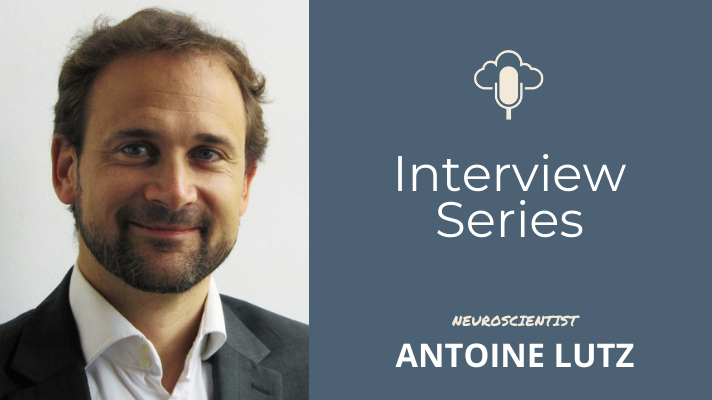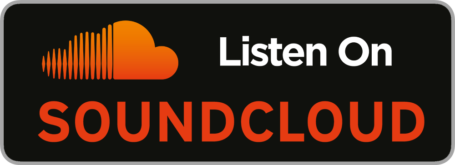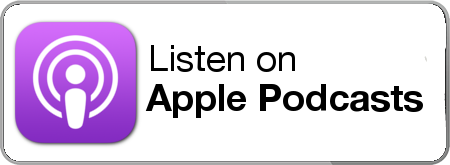Antoine Lutz, neuroscientist, takes us on a wide-ranging tour of mind and reality.
More about Antoine Lutz:
Dr. Antoine Lutz is currently a director of research at the French Medical Research Institute (INSERM) in the Lyon Neuroscience Research Center (CNRL) wherehe co-leads the Experiential Neuroscience and Mental Training Team (EDUWELL). After a Master degree in engineering and a BA in philosophy at the Sorbonne under the direction of Natalie Depraz, Antoine Lutz did his PhD in cognitive neurosciences in Paris, France, with Francisco Varela where he applied for the first time his neurophenomenology program to study the neural correlates of attention and perception. Since 1998, Dr. Antoine Lutz has studied meditation with various teachers including Mingyur Rinpoche, Tsoknyi Rinpoche, Matthieu Ricard and Joseph Goldstein.
During his postdoctoral work with Richard Davidson, at the University of Madison-Wisconsin, Antoine Lutz studied using neuroimaging techniques meditation practices such as mindfulness or compassion meditations in expert meditators and in novices who learnt to meditate using the Mindfulness-Based Stress Reduction program (MBSR). In 2008, Richard Davidson and Dr. Antoine Lutz were awarded a NIH-NCCAM grant to fund in Madison the first American Center of Excellence on Research dedicated to neurophysiological study of meditation practices. After working for ten years in the US as a research scientist, Antoine Lutz joined the Lyon Neuroscience Research Center in France in January 2013. His current research group focuses on the neurophenomenology of mindfulness and compassion meditations and on the impact of these practices on consciousness, attention and emotion regulations, and pain perception as measured by cognitive, affective and social neuroimaging paradigms using EEG, MEG, intra-cortical EEG, and fMRI. This research is currently funded by a European ERC consolidator grant (Brain&Mindfulness, 2014-2021).
Dr. Antoine Lutz is also currently collaborating to a European research consortium investigating the impacts of meditation practices on ageing and well-being as measured by brain imaging (PET, IRMf, DTI, EEG), biomarkers of ageing, and psycho-affective and cognitive behavioural measures (Meditageing, H2020, 2016-2021, study coordinated by Gaël Chételat, INSERM Caen, https://silversantestudy.fr). He recently started a collaboration investigating the neurocomputational principles of meditation (ANR MindMadeClear, coordinated by Hugues Mounier, CNRS).





